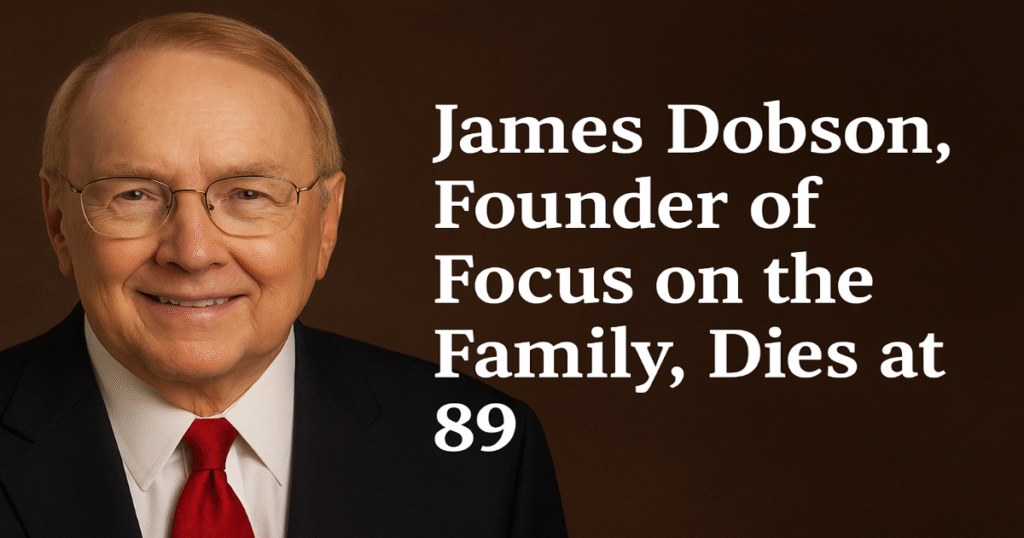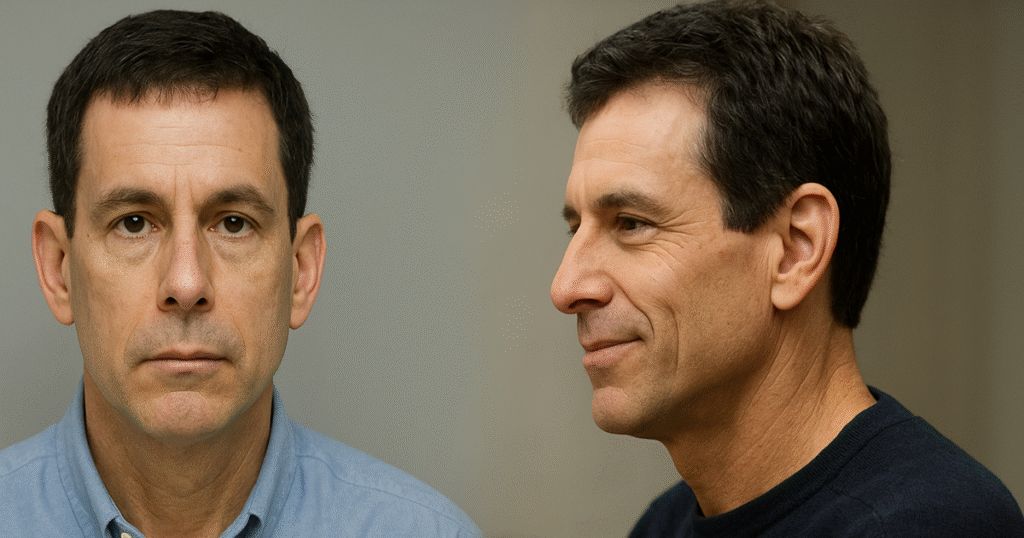
In the modern NFL, where the quarterback position dictates both headlines and hardware, fans often find themselves puzzled at the persistence of familiar faces. Some players, like Joe Flacco and Russell Wilson, have been counted out multiple times, only to reemerge as starters on Sunday afternoons. Others, who may not deliver MVP-caliber performances anymore, still find themselves at the helm of offenses. Why does this keep happening? Why do veteran quarterbacks who seem past their prime continue to land starting jobs in a league obsessed with “the next big thing”?
The answer is layered. It involves a combination of experience, leadership, economics, draft realities, coaching trust, and a dose of NFL politics. To truly understand why these players remain under center, one must look beyond the highlight reels and statistics.
The Value of Experience: Why Age Can Be a Strength
In professional football, experience is both a blessing and a curse. Younger quarterbacks often bring athleticism, improvisation, and excitement, but veteran signal-callers carry something less flashy yet equally valuable: wisdom.
Joe Flacco is a textbook case. At 39, he no longer possesses the rocket arm strength he displayed during his Super Bowl XLVII run with the Baltimore Ravens. But when the Cleveland Browns called him in late 2023 after Deshaun Watson’s injury, Flacco stepped in seamlessly. He knew how to read defenses, understood situational football, and brought poise to a locker room suddenly in crisis. His veteran presence stabilized an otherwise shaky offense.
This kind of dependability is priceless in the NFL. Teams with playoff aspirations cannot afford to gamble their seasons on raw prospects who may or may not develop quickly enough. A veteran like Flacco offers a safety net—he might not win you every game, but he won’t lose you the season with rookie mistakes.
Russell Wilson’s situation is slightly different but follows the same theme. At 36, Wilson isn’t the dual-threat magician who torched defenses during his prime years in Seattle. However, he still possesses years of high-level starting experience, playoff victories, and a deep understanding of how to manage NFL games. For coaches, that experience outweighs the allure of a rookie who may not yet grasp the complexities of pro-level defenses.
Leadership and Locker Room Presence
NFL franchises are not just about Xs and Os—they’re about people. Quarterbacks aren’t merely players; they are leaders, the faces of franchises, and the emotional compass of entire locker rooms.
Even if Wilson’s arm strength or pocket mobility has declined, his leadership qualities remain intact. Younger players, from rookies to second-year contributors, look up to him. His Super Bowl ring and years of playoff experience lend credibility that cannot be manufactured.
Similarly, Flacco commands respect because he’s been there, done that. For a team like the Browns or Jets—organizations accustomed to quarterback instability—having a calm, respected presence under center helps maintain morale. Coaches often keep veterans around because they serve as extensions of the coaching staff on the field.
The NFL is filled with stories of younger, more athletic quarterbacks losing locker rooms due to immaturity or lack of leadership. By contrast, veterans like Wilson and Flacco often keep teams united during adversity. That alone is reason enough to keep them starting, even when their stat lines look pedestrian.
The Financial and Contractual Side
Another overlooked factor is money. NFL quarterback contracts are notoriously complex, filled with guarantees, bonuses, and cap hits that can dictate front-office decisions.
In Wilson’s case, his move from Denver to Pittsburgh included significant financial considerations. The Broncos are still paying the bulk of his contract after his release, while the Steelers signed him at a bargain price. For Pittsburgh, it’s a no-risk, high-reward situation. Even if Wilson plays average football, the contract structure makes him a starting option worth testing.
Flacco, on the other hand, often signs short-term deals that pay him less than the average starting quarterback. For cap-conscious teams, this makes him an appealing bridge option. Why pay a backup-turned-starter $20 million when you can get Flacco’s steady hand for a fraction of the cost?
Drafting Isn’t an Exact Science
Fans often clamor for their teams to “just draft a new quarterback.” But NFL history is littered with failed quarterback selections. For every Patrick Mahomes or Joe Burrow, there are multiple Josh Rosens, Johnny Manziels, or Zach Wilsons.
Because the draft is so unpredictable, teams often lean on veterans as a stopgap measure. A rookie may not be ready by Week 1, and throwing him into the fire too early risks stunting his development. In such cases, veterans like Flacco or Wilson serve as buffers, giving teams time to groom younger talent without sacrificing entire seasons.
Look no further than the Houston Texans’ decision with C.J. Stroud. While Stroud quickly proved he was NFL-ready, the Texans still began the year preparing to ease him into the role, had it been necessary. Other franchises, lacking such immediate results, would rather roll with a seasoned starter than gamble on a rookie unprepared for the spotlight.
Coaching Trust and Schemes
Coaches, more than anyone, value predictability. They need quarterbacks who can execute game plans without veering off-script. Veterans often bring that reliability.
Wilson’s style has evolved. In Seattle, he thrived off-script, turning broken plays into highlight-reel touchdowns. In Denver, that approach clashed with the coaching staff. Now in Pittsburgh, under Mike Tomlin’s steady leadership, Wilson is being asked to operate a more structured system. His willingness to adapt, combined with his knowledge of NFL defenses, makes him a coach’s dream—someone who won’t abandon the playbook in crunch time.
Flacco, meanwhile, thrives in simplified offensive schemes. His ability to quickly digest playbooks—something only years of experience provide—allows him to step into new teams and make an immediate impact. Coaches trust him because he knows how to protect the football and manage games effectively.
The NFL’s Fear of the Unknown
It may sound counterintuitive, but sometimes sticking with a known quantity—even if it’s an aging one—feels safer than betting on the unknown. General managers and head coaches live on the hot seat. One disastrous season can cost them their jobs.
Starting a rookie who isn’t ready could mean disaster. Starting a mid-tier veteran at least gives them plausible deniability: “We went with a proven guy.” This logic explains why players like Andy Dalton, Ryan Fitzpatrick (before retirement), and now Flacco and Wilson continue to land starting jobs.
In short, familiarity breeds job security.
The NFL’s Fear of the Unknown
It may sound counterintuitive, but sometimes sticking with a known quantity—even if it’s an aging one—feels safer than betting on the unknown. General managers and head coaches live on the hot seat. One disastrous season can cost them their jobs.
Starting a rookie who isn’t ready could mean disaster. Starting a mid-tier veteran at least gives them plausible deniability: “We went with a proven guy.” This logic explains why players like Andy Dalton, Ryan Fitzpatrick (before retirement), and now Flacco and Wilson continue to land starting jobs.
In short, familiarity breeds job security.
The Evolving Definition of “Success”
Another reason veterans hang on: the league has adjusted its definition of quarterback success. Not every team is chasing 5,000-yard passing seasons. For franchises with elite defenses or strong running games, all they need is a quarterback who won’t implode.
The 2023 Browns embodied this perfectly. Their defense carried them, while Flacco simply had to play competent, turnover-averse football. Similarly, the Steelers have long thrived on defense and grit. Wilson doesn’t need to be vintage “Let Russ Cook” to succeed there; he just needs to be efficient.
Media Narratives vs. Reality
Fans and analysts often argue that the NFL should move on from older quarterbacks, framing their continued presence as evidence of stubbornness. But those arguments ignore reality. While highlight packages glorify athleticism and flashy throws, real NFL success is often built on steadiness, patience, and incremental advantages.
Flacco may not sell jerseys like a rookie phenom, and Wilson may never return to MVP form, but both provide exactly what their teams need at this moment: reliability and leadership.
A Glimpse Into the Future
Of course, time waits for no quarterback. Flacco and Wilson are not long-term solutions. Their roles are, at best, transitional—bridges to younger talents who may or may not be ready.
Still, as long as NFL teams value stability, leadership, and experience, these veterans will remain relevant. The quarterback position has always been about more than arm strength and athleticism—it’s about managing chaos. And who better to manage chaos than players who have already weathered it for over a decade?
Conclusion: Why They’re Still Here
Joe Flacco, Russell Wilson, and others like them continue to start because the NFL, for all its obsession with youth and innovation, is still a league that values security. Coaches want quarterbacks who won’t collapse under pressure. General managers want players they can trust. Teammates want leaders who command respect.
For all the criticisms—declining stats, lost mobility, inconsistency—these quarterbacks bring something invaluable: experience in the world’s toughest football league. And until the NFL finds a way to mass-produce quarterbacks who can learn overnight, veterans like Flacco and Wilson will continue to take snaps on Sundays.
Also Read: Ukraine Supporters Rally Near the White House as Trump and Zelenskyy Hold High-Stakes Meeting
Visit: Cheapest Sale

Hey I am Srimanta Pradhan brings 10 years of experience to News Broadcast and Marketing, specializing in effective communication.A specialized content writer with a decade of expertise crafting compelling narratives for News Broadcast and Marketing. Transforms complex information into engaging, impactful content.




















